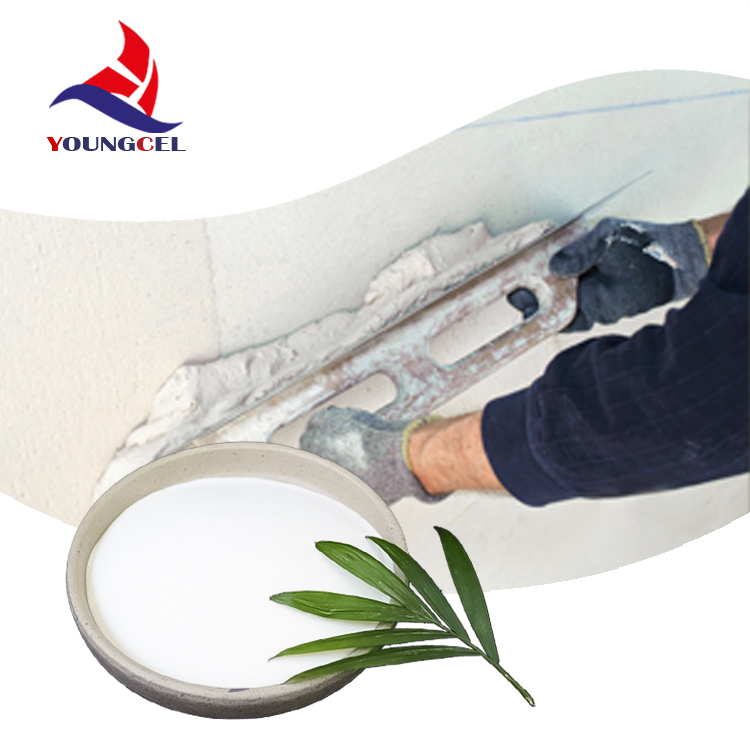Understanding Cellulose Ether Properties, Applications, and Purchasing Tips
Cellulose ether is an essential class of compounds derived from cellulose, the primary structural component of plant cell walls. Renowned for their versatility, cellulose ethers, such as hydroxypropyl methylcellulose (HPMC) and carboxymethyl cellulose (CMC), have become integral in numerous industrial applications. As industries seek to optimize their products and processes, understanding the properties, applications, and purchasing tips for cellulose ethers is invaluable.
Properties of Cellulose Ether
Cellulose ethers are modified cellulose polymers, retaining the primary structure of cellulose while incorporating various functional groups. This modification imparts unique properties, making cellulose ethers soluble in water and allowing for the control of viscosity, gelation, and film-forming capabilities. The solubility of cellulose ethers can vary with the degree of substitution and the molecular weight of the polymer, leading to a wide range of functional characteristics suitable for various applications.
Moreover, cellulose ethers exhibit excellent thermal stability and resistance to microbial degradation, making them ideal for long-term use in numerous environments. Their non-toxic nature also allows for safe application in food, pharmaceuticals, and personal care products.
Applications of Cellulose Ether
The versatility of cellulose ethers is evident across multiple industries. In the construction sector, they are commonly utilized as additives in mortars and plasters to enhance water retention and workability. This property is crucial for improving adhesion and extending the workable time of construction materials.
In the food industry, cellulose ethers serve as thickening agents, stabilizers, and emulsifiers. They improve the texture and mouthfeel of various products, such as sauces, dressings, and dairy items, while also contributing to shelf stability.
Pharmaceutically, cellulose ethers are critical in drug formulation as binders and film-formers in tablets and coatings. They assist in controlling the release of active pharmaceutical ingredients, ensuring the efficacy of medications.
In cosmetics and personal care, cellulose ethers are employed for their thickening, emulsifying, and film-forming properties in lotions, creams, and shampoos, enhancing the overall sensory experience of consumers.
buy cellulos ether

Purchasing Cellulose Ether Considerations and Tips
When considering the purchase of cellulose ethers, several key factors must be taken into account
1. Quality and Purity It is essential to source cellulose ethers from reputable suppliers who guarantee high purity standards. Look for certifications that confirm the product's quality, especially if it will be used in food or pharmaceutical applications.
2. Specifications Different applications may require specific grades of cellulose ether in terms of viscosity, solubility, and functionality. Before making a purchase, clearly define the application requirements and consult with suppliers to find the appropriate product.
3. Supplier Reputation Research potential suppliers and their reputation within the industry. Reading customer reviews and case studies can provide insights into their reliability, product consistency, and customer service.
4. Cost and Availability While price is an important factor, it should not be the sole consideration. Weighing cost against quality and service is essential. Additionally, ensure that the supplier can meet your volume requirements and delivery timelines.
5. Technical Support Some suppliers offer technical assistance to help you select the right product for your needs. This support can be beneficial, especially when dealing with specialized applications.
Conclusion
Cellulose ethers represent a vital category of compounds with diverse applications across various industries, from construction and food to pharmaceuticals and personal care. As the demand for these materials continues to grow, understanding their properties and selecting the right suppliers becomes crucial for businesses aiming to leverage their benefits. By considering quality, specifications, and supplier reputation, you can ensure a successful procurement process and harness the unique advantages that cellulose ethers offer in enhancing product performance and consumer satisfaction.
-
Rdp Powder: Key Considerations for Wholesalers in the Building Materials IndustryNewsJul.08,2025
-
Key Considerations for Wholesalers: Navigating the World of Hpmc - Based ProductsNewsJul.08,2025
-
Hpmc Detergent: Key Considerations for WholesalersNewsJul.08,2025
-
Key Considerations for Wholesalers: China Hpmc For Tile Adhesive, Coating Additives, Concrete Additives, and MoreNewsJul.08,2025
-
Crucial Considerations for Wholesalers: Navigating the World of Construction MaterialsNewsJul.08,2025
-
Key Considerations for Wholesalers Sourcing Additive For Cement, Additive For Concrete, Additive For Putty from Additive Manufacturer Shijiazhuang Gaocheng District Yongfeng Cellulose Co., Ltd.NewsJul.08,2025




